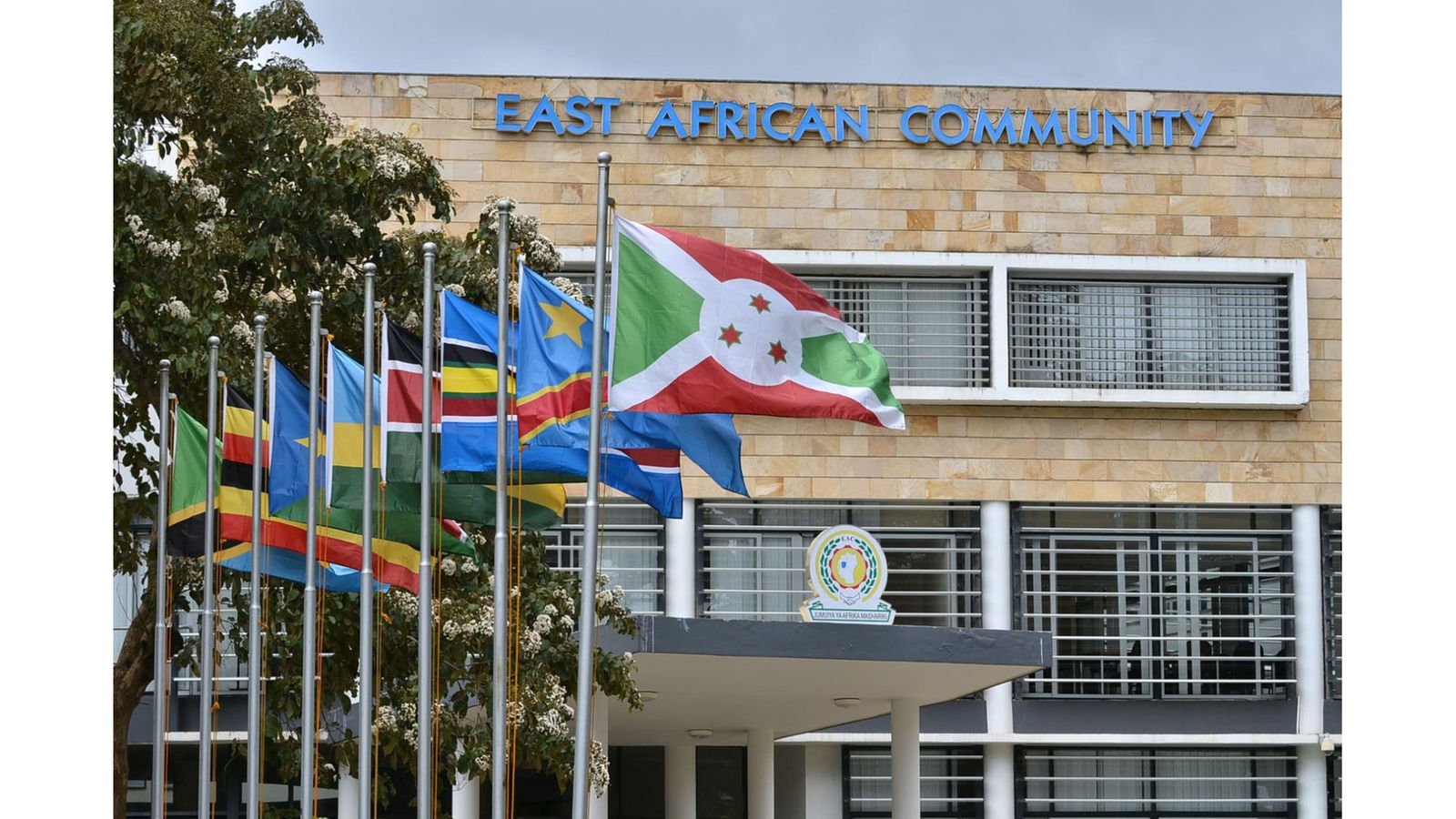Regional unity within the East African Community (EAC) is showing signs of strain, as civil society organisations warn that corruption, trade barriers, digital inequality, and insecurity are threatening to stall decades of integration efforts.
These concerns were voiced during the 2025 East African Civil Society Organisations Summit in Nairobi — a three-day forum that drew more than 200 participants from all eight member states, including the Democratic Republic of the Congo and Somalia, the bloc’s newest entrants. The gathering, themed “Harnessing EAC Citizens’ Potential and Participation in Regional Integration Processes,” focused on the urgent need to involve ordinary citizens in shaping the future of the community.
Speaking at the summit, EACSOF Executive Director Lilian Alex said that non-tariff barriers remain one of the biggest obstacles to regional trade, especially for small-scale and informal traders who depend on cross-border markets. She noted that despite numerous promises by leaders to eliminate these hurdles, bureaucratic delays, inconsistent regulations, and corruption continue to choke business growth and discourage investment.
“Ordinary citizens cannot experience the benefits of regional integration when small traders are still being stopped at borders or forced to pay unnecessary charges,” she said, urging policymakers to act on long-standing commitments.
Delegates also raised alarm over increasing corruption and illicit financial flows, saying that the loss of public funds weakens institutions and reduces citizens’ faith in regional governance. They warned that such practices not only rob member states of vital resources but also undermine efforts to create transparent and inclusive economies.
Also Read; Somalia to Introduce Kiswahili in National Schools
Another key concern highlighted at the summit was the widening digital divide. Many East Africans, particularly in rural and underserved areas, still lack reliable internet access or the digital skills needed to benefit from the modern economy. This gap, delegates said, risks deepening social inequality and excluding millions from opportunities in education, innovation, and trade.
“The EAC cannot talk about inclusive growth while a large portion of its population remains offline,” said one participant from Uganda. “Bridging the digital divide should be treated as seriously as building roads and ports.”
Security challenges were also on the agenda, with participants pointing to ongoing tensions in border regions that disrupt trade and movement. Civil society representatives called for stronger peace-building mechanisms, more collaboration on counter-terrorism, and a regional early-warning system to prevent conflict escalation.
The summit concluded with a collective appeal to EAC governments to renew their political commitment to integration through accountability, open civic space, and digital empowerment. Delegates stressed that true integration cannot be achieved through policies alone — it must be felt by citizens in their daily lives.
“The vision of a united East Africa will only come alive when every citizen, from the trader at the border to the youth innovator online, can see and feel its benefits,” Alex said.







